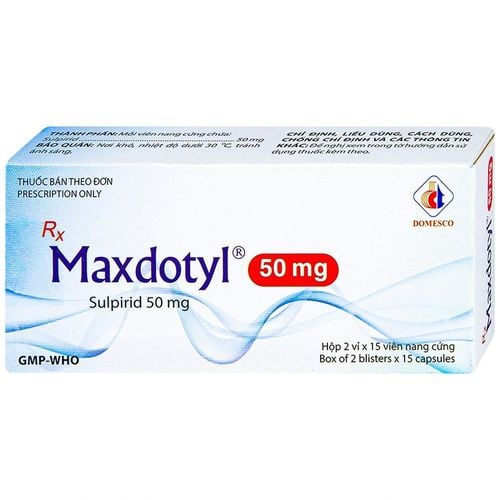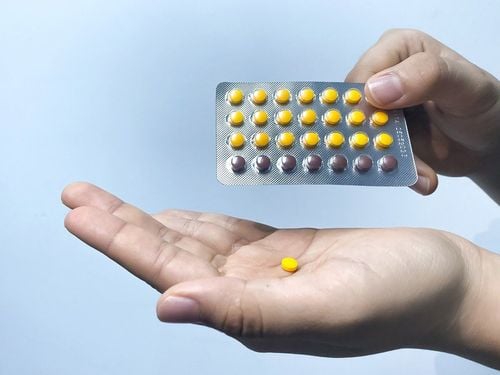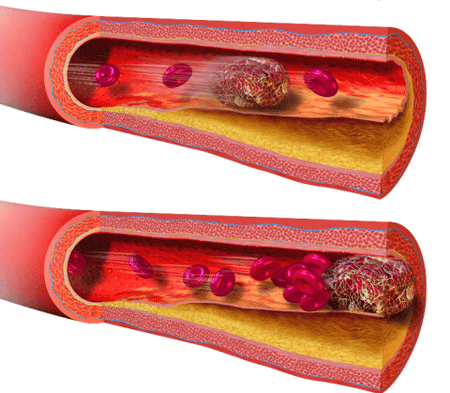This is an automatically translated article.
Depression is now a big problem of modern society. The treatment of depression during pregnancy requires a great balance between the benefits and risks to the health of mother and baby.1. What happens if pregnant women do not treat depression during pregnancy?
Depression during pregnancy causes many bad consequences such as pregnant women not being able to join normal life.
Unable to take care of themselves and access monitoring services, medical care during pregnancy. Inadequate eating. Use of tobacco and alcohol as well as other stimulants. The most dangerous risk is that the pregnant woman can commit suicide. Depression during pregnancy can affect the development of the fetus: causing miscarriage, premature birth and affecting the temperament of the baby after birth and the behavior when the child grows up. Postpartum depression is more common in women with depression during pregnancy, leading to inadequate care for the newborn, and the affected mother-child relationship as well.

Trầm cảm khi mang thai ảnh hưởng xấu tới cả mẹ và bé
2. How to cure depression during pregnancy
Treatment of depression in pregnant women requires the cooperation of doctors specialized in obstetrics, internal medicine, psychiatrists and family doctors. Pregnant women will be consulted about the risks of depression affecting the health of both mother and child, and treatment measures will be applied.
First, pregnant women will be advised and applied measures to quit alcohol, tobacco, eliminate harmful habits, adjust lifestyle and behavior before deciding to use antidepressants. For mild depression, pregnant women can only need treatment by eliminating risk factors and psychotherapy, behavior modification, lifestyle.
When taking antidepressants, some unwanted effects have been reported, so when using antidepressants for pregnant women, it is necessary to carefully consider the benefits and benefits of treatment by a specialist. of the patient to choose the optimal option.
3. Does taking antidepressants during pregnancy affect the fetus?

Uống thuốc trầm cảm khi mang thai gây tác dụng có hại cho trẻ sau sinh
There are many studies that show that taking antidepressants during pregnancy can have harmful effects on the baby after birth, but deciding whether to continue taking antidepressants during pregnancy is still a matter of time. a great challenge for medical professionals. Antidepressants during pregnancy may cause some adverse effects on the fetus:
Neonatal abstinence syndrome (NAS): in a new study of pregnant women taking antidepressants Colds: About one-third of babies are born with symptoms of NAS including tremors, sleep disturbances, gastrointestinal problems, and increased muscle tone. Persistent pulmonary hypertension in neonates: antidepressants can cause pulmonary hypertension in infants, making them unable to breathe on their own, but requiring the assistance of a machine, if severe. Children can die. Premature birth: studies show that taking the pill after the first 3 months can lead to gestational hypertension, an increased risk of miscarriage and premature birth, so babies born before 37 weeks are more likely to have problems about health. Autism spectrum disorder: Using SSRI antidepressants such as Lexapro increases the risk of autism spectrum disorder, reducing the child's ability to interact with people. Behavioral problems in infants: Taking Lexapro and other SSRI antidepressants during pregnancy can cause behavioral syndrome in the newborn with symptoms such as: difficulty feeding, constant crying, restlessness, difficulty breathing, and convulsions. Cleft palate: one of the common birth defects that the baby can have if the mother takes antidepressants during pregnancy. Cleft palate occurs when the tissues of the baby's lips or palate do not develop with the development of the pregnancy. Children with a cleft palate often don't have enough tissue in their mouth, and this tissue doesn't come together to form the roof of the mouth. This condition affects facial development and aesthetics. Umbilical hernia: Recent studies have shown that taking antidepressants during pregnancy may increase the risk of umbilical hernia in the newborn. An umbilical hernia is a condition in which part of the intestines is exposed at the navel and causes the belly button to bulge, easily leading to injury to the abdominal cavity, organs and infection. Taking antidepressants during pregnancy can cause birth defects in the baby. Therefore, before taking the drug, the doctor will clearly tell the pregnant woman the possible risks. A healthy diet with the right supplements and an active lifestyle can also help prevent depression.
Please dial HOTLINE for more information or register for an appointment HERE. Download MyVinmec app to make appointments faster and to manage your bookings easily.













